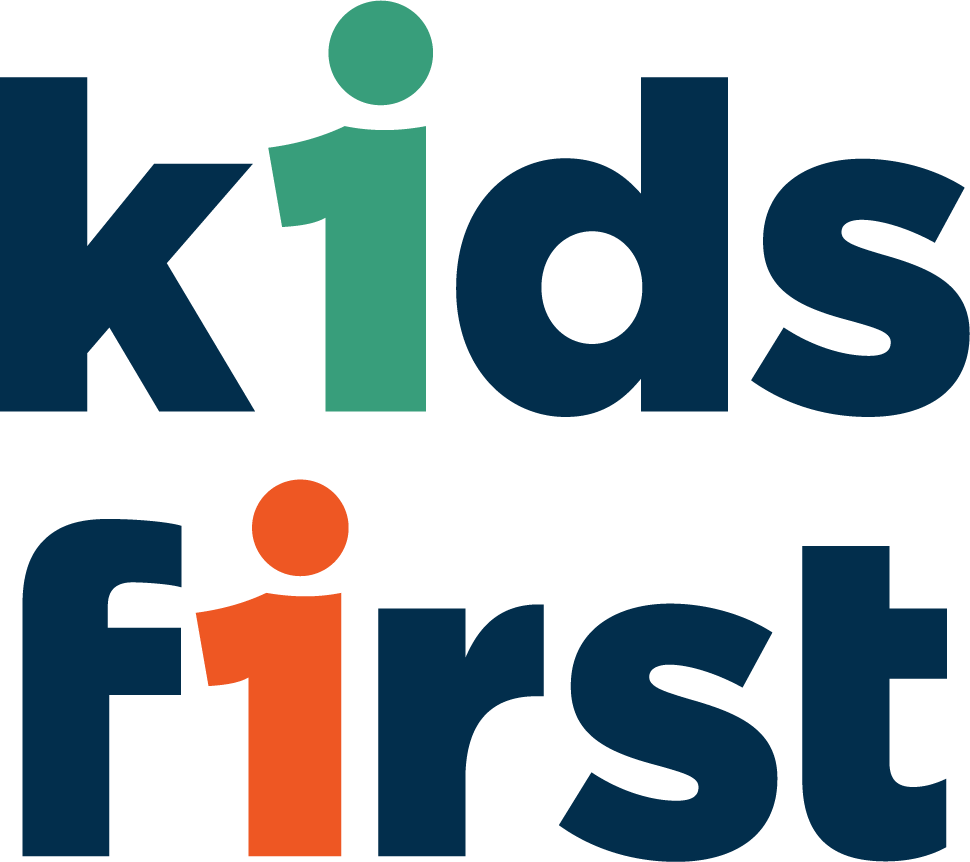Fostering Hope: Supporting Family Restoration in Foster Care
Fostering a child is a profound act of love and compassion, but it's more than providing a temporary home. It's about actively working towards reuniting children with their biological families whenever possible. This commitment to family restoration is at the heart of foster care. Here, we'll explore the importance of supporting family restoration in foster care and why it's a mission worth embracing.
The Mission of Fostering: Family Restoration
When individuals embark on the journey of becoming foster parents, they often do so with a deep sense of purpose—a mission to make a positive difference in a child's life. While providing a safe and nurturing home is a significant part of this mission, there's another crucial aspect: supporting family restoration.
Family restoration means working towards reunifying children with their biological families whenever it is safe and in the child's best interest. It acknowledges that families can face challenging times and that, with the right support, they can overcome these challenges and provide a loving and stable environment for their children.
The Power of Change and Growth
One of the fundamental beliefs in foster care is the belief in the power of change and growth. Foster parents understand that families can face a myriad of difficulties, such as substance abuse, poverty, mental health issues, or domestic violence. However, they also recognize that these challenges do not define a family's future.
Foster care is an opportunity to nurture and support families through these challenging times. It's a chance to provide parents with the skills, resources, and guidance they need to overcome obstacles and create a safe and loving home for their children once more. This process of family restoration fosters a sense of hope and stability for all involved: children, parents, and foster families alike.
Benefits of Supporting Family Restoration
1. Child-Centric Approach
The primary focus of supporting family restoration is the well-being of the child. It ensures that decisions are made with the child's best interests in mind. When it's safe and possible, reuniting a child with their biological family provides them with a sense of belonging and continuity.
2. Preservation of Bonds
Family restoration preserves the essential bonds between children and their parents. These bonds are vital for a child's emotional and psychological development. Reuniting a child with their family allows them to maintain these connections.
3. Empowerment
Supporting family restoration empowers parents to address the issues that led to the separation from their children. It offers them the opportunity to grow, learn, and become better caregivers. It's a chance for parents to break the cycle of adversity.
4. Community Impact
When we support family restoration, we strengthen our communities. Strong families contribute to stable neighborhoods and a healthier society. By helping families in need, we create a positive ripple effect that extends beyond individual households.
Challenges and Realities of Family Restoration
Supporting family restoration isn't without its challenges. It requires patience, empathy, and a deep understanding of the complex issues families face. Not all families can be reunified, especially in cases where it's not safe for the child. Foster parents must navigate these challenges with the child's best interests as their guiding principle.
It's important to acknowledge that family restoration may not always be successful. In some cases, children may need permanent placement with a loving adoptive family. However, the commitment to supporting family restoration should always be at the forefront of the foster care mission, as it aligns with the belief in the potential for positive change within families.
How Foster Parents Support Family Restoration
Foster parents play a pivotal role in the family restoration process. Here are some ways they contribute to this mission:
1. Providing a Safe Haven
Foster parents offer a stable and loving environment where children can heal and thrive while their parents work towards reunification.
2. Building Relationships
Foster parents often build supportive relationships with biological parents, offering encouragement and guidance as they address their challenges.
3. Attending Court and Case Meetings
Foster parents are often required to attend court hearings and case meetings, where they can provide valuable insights into the child's well-being and progress.
4. Supporting Visitations
Foster parents may facilitate visitations between the child and their biological family, helping to maintain and strengthen those bonds.
5. Advocating for the Child
Foster parents advocate for the child's best interests throughout the process, ensuring that decisions prioritize the child's safety and well-being.
Becoming a foster parent is a significant commitment, one that goes beyond providing a temporary home. It's a mission to support family restoration, empower parents facing difficulties, and give children the opportunity to grow up in a loving and stable family environment.
Embracing this mission means believing in the power of change and growth, recognizing the importance of family bonds, and contributing to the well-being of your community. It's a journey filled with challenges, but it's also a journey filled with hope, transformation, and the possibility of brighter futures for children and families alike.

